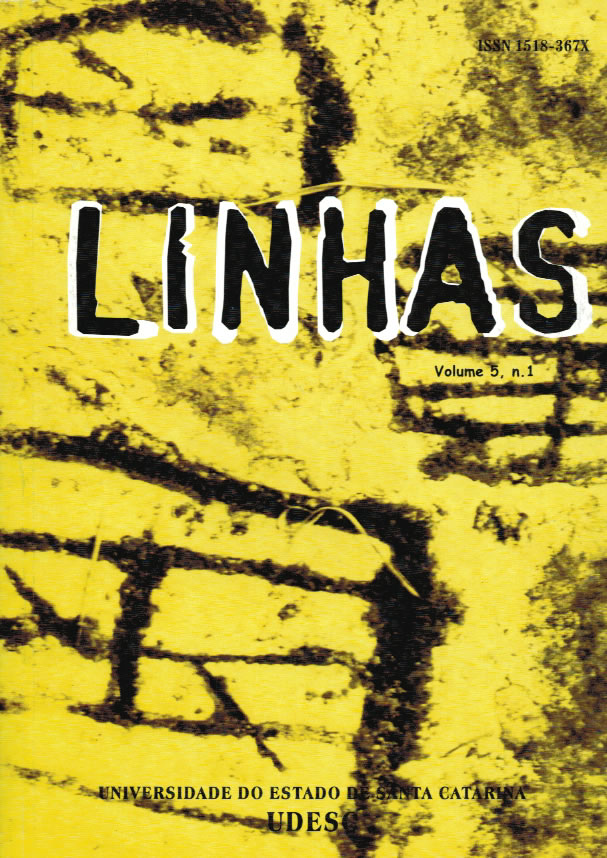Erasmo, o humanismo e a Educação<br>Erasmus, the humanism and the Eucation
Resumo
O objetivo deste texto é apresentar e discutir a concepção pedagógica de Erasmo de Roterdão (1466/69-1536) especialmente a partir da obra: A precoce e liberal educação das crianças (Declamatio de pueris statim ac liberaliter instituendis), de 1509 e publicado em 1529 – relacionando-o com os ideais Humanistas. Sua visão é caracterizada como típica do Humanismo cristão e marcou época, tornando-o um dos mais importantes pensadores de seu tempo e que influenciou sobremaneira a pedagogia moderna. O texto apresenta uma visão aristocrática do conhecimento e identifica moral e educação. Esta era a mais importante característica do Humanismo cristão, corrente de pensamento identificada com o próprio Erasmo.
PALAVRAS-CHAVE: Erasmo de Roterdão. Humanismo cristão. Século XVI. Pedagogia.
;
The objective of this text is to introduce and discuss the pedagogic conception of Erasmus of Rotterdam (1466/69-1536) especially starting from the work: Declamatio de pueris statim ac liberaliter instituendis, written in 1509 and published in 1529 – relating it with the Humanism’s ideal. His vision is characterized as typical of the Christian Humanism and marked time; he became one of the most important thinkers of his age and influenced the modern pedagogy. The text presents one aristocratic sight of the knowledge and identifies morals and education. This was the most important attribute of the Christian Humanism, that can be identified with own Erasmus.
KEY WORDS: Erasmus of Rotterdam. Christian Humanism. 16th century. Pedagogy.
Downloads
Downloads
Publicado
Como Citar
Edição
Seção
Licença
Os artigos publicados pela revista são de uso gratuito, destinados a aplicações educacionais e não comerciais. Os direitos autorais são todos cedidos à revista. Os artigos cujos autores são identificados representam a expressão do ponto de vista de seus autores e não a posição oficial da Revista Linhas ou do Programa de Pós-Graduação em Educação da Universidade do Estado de Santa Catarina.

A Revista Linhas está licenciada com uma Licença Creative Commons - Atribuição-NãoComercial-SemDerivações 4.0 Internacional.


